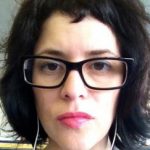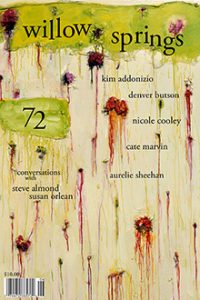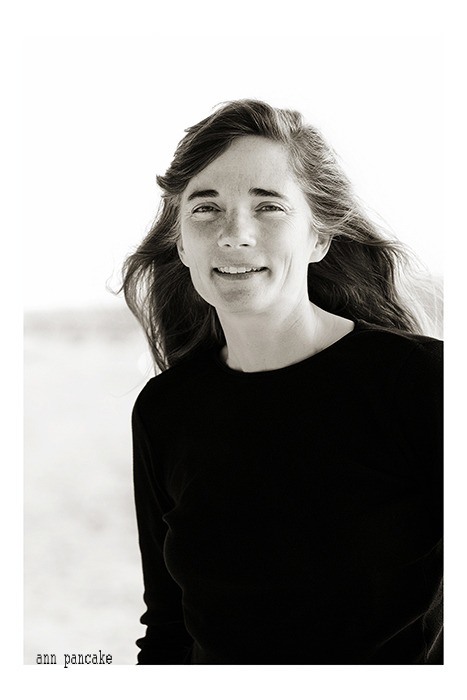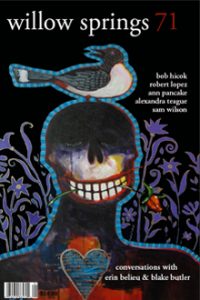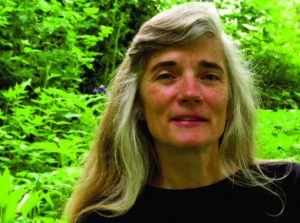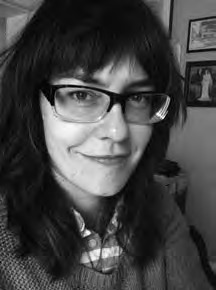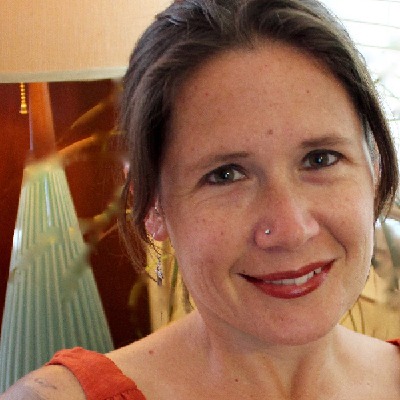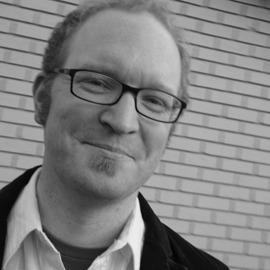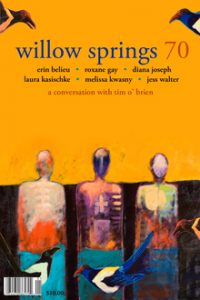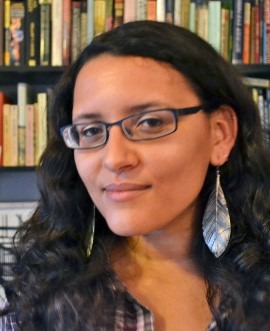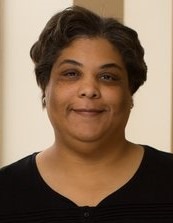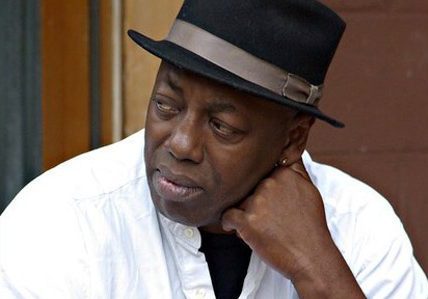
About Gary Copeland Lilley
Gary Copeland Lilley is the author of four poetry collections: Alpha Zulu (Ausable Press, 2008), Black Poem (Hollyridge Press, 2005), The Reprehensibles (Fractal Edge Press, 2004), and The Subsequent Blues (Four Way Books, 2004). He teaches in Port Townsend, Washington.
A Profile of the Author
Notes on “A Proper Elegy for My Father”
I’m the oldest son, the oldest sibling, and I have had a contentious relationship with my father. I left home as soon as I could to get clear of this man, and stayed gone for many years. When we crossed each other’s path at family gatherings, the back history we shared and the resulting tension would ruin most occasions. So I would choose not to cross his path. I remember everything bad about him. I may have had some love for him, but I personally didn’t like him. We made a settled peace, to each give respect to the other, and lived like that for years. Then he died. And there was a hole in me. All his friends mourned him. The depths of their grief surprised me. Rough men broke down, and church people, a crowded church, prayed and sang him home. I already was mourning, shook by this departure of a man who had first left long ago. Then a flood of better memories came. Some Southern black man heroic things he’d done. And the more pleasant times of our shared fierce existence, like hunting with him in the early morning woods. I wanted to write something showing the teetering balance of his life, those things that would bring scorn upon my radicalized growth, those things that would make grown men weep at his being gone. I wanted to give him respect.
Notes on “Tobacco Road”
Lately I’ve been reading or reading again poets Yusef Komunyaaka, Tim Seibles, Amiri Baraka. I love storytellers, the narrative element. So of course I read fiction, too. Southern Gothic mostly, people like William Gay. There is a musicality in Southern language that fascinates me. I don’t force a dialect, but I sometimes like to recreate the language that falls on my ear. It marks class and race for the “speakers” of the poems without me saying so. I keep a load of images that I come across in my everyday life that I will draw from, the way somebody moves, the natural environment (whether it’s rural or urban), or the altered environment. I note situations that can be developed into poems. I’m a witness and I use observations. Whatever it is that I use I try to serve that particular poem. At the start I am never sure where the poem is going. I don’t want to know. The sense of discovery is exciting to me as I build my drafts. And there are many drafts of each poem. If I tell you how many, you may think I am obsessive-compulsive. I am not, except when I write.
Sorry, we couldn't find any posts. Please try a different search.
